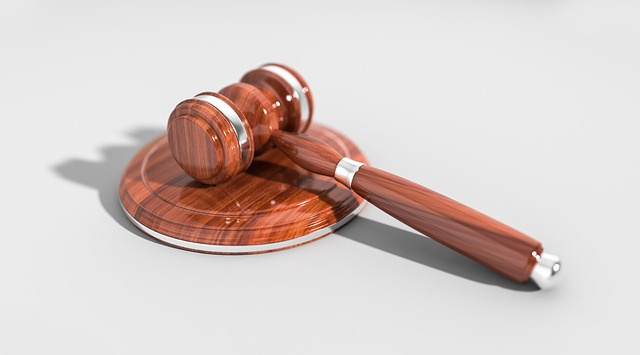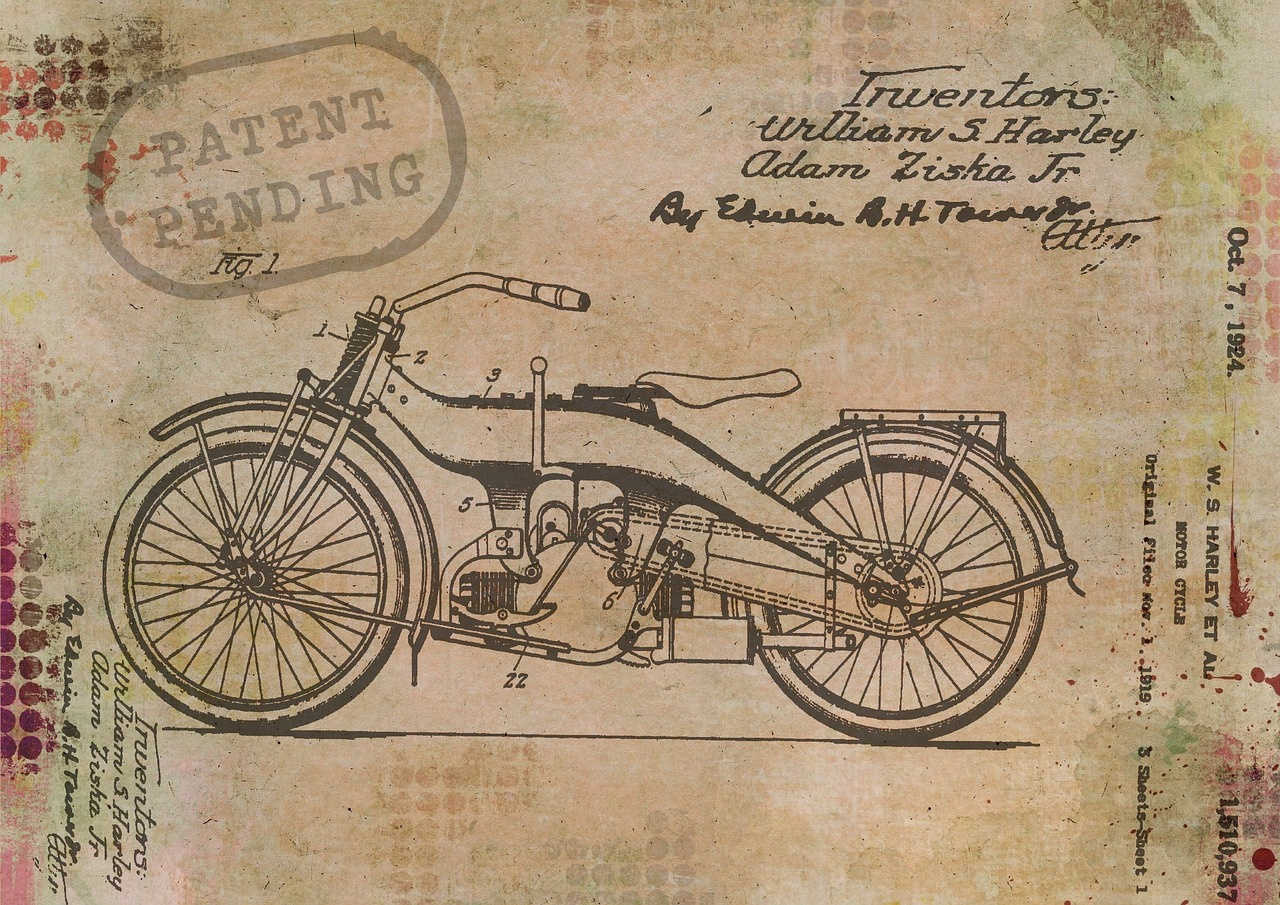Who I Am:
Over 30 Years of Top-Tier Training & Experience:
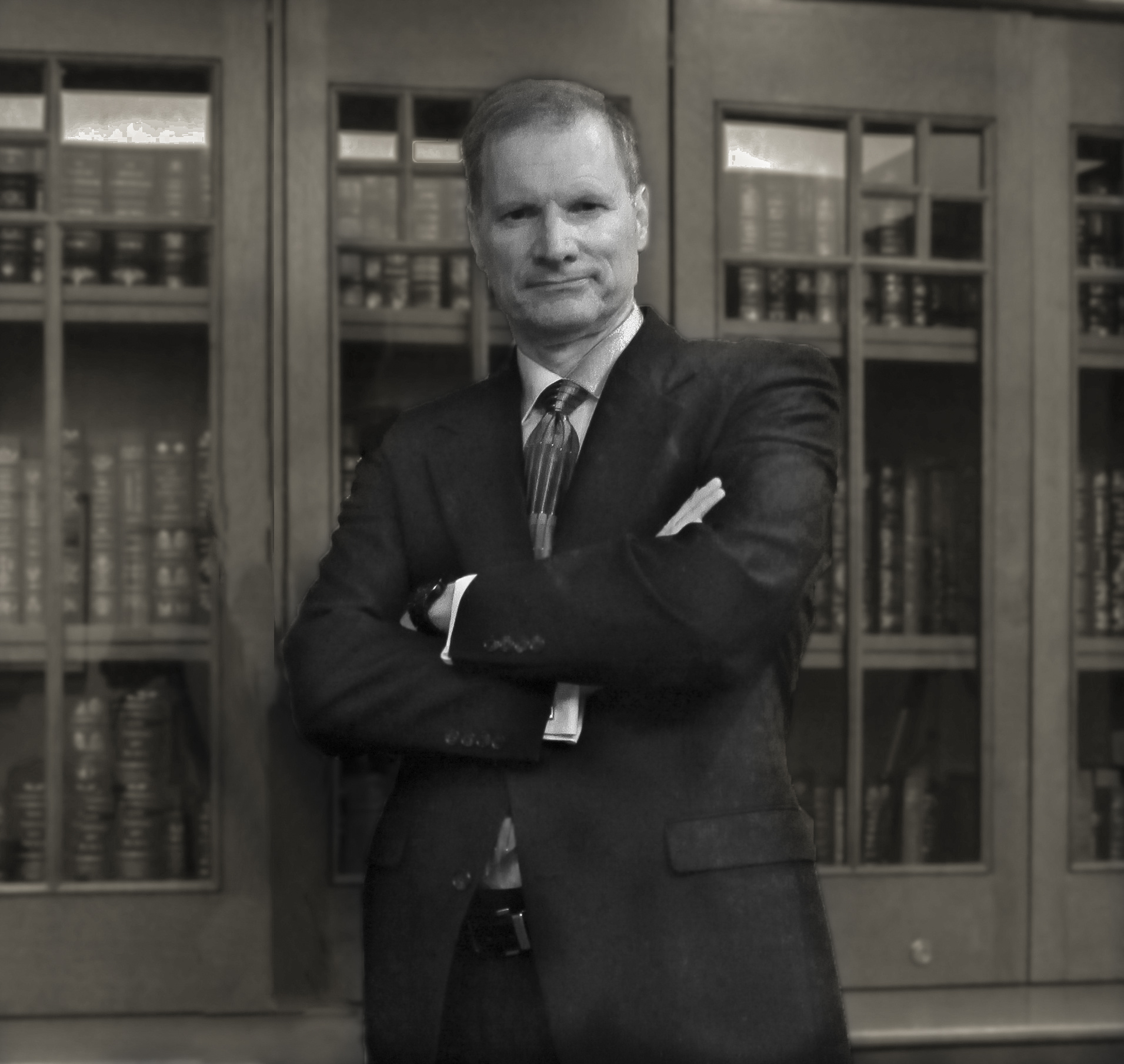
My Work Experience:
- Weil Gotshal & Manges (New York City based international law firm), Associate (Houston Office) (1990-1994)
- Arnold White & Durkee (the preeminent national intellectual property boutique), Shareholder (1994-1999)
- Goldstein & Healey (Houston based intellectual property firm), Partner (1999-2001)
- Howrey Simon Arnold White (Washington DC based international law firm), Partner (Houston Office) (2001-2010)
- Winston & Strawn (Chicago based international law firm), Partner (Houston Office) (2010-2012)
My own Texas firm with Utah office (since 2012)
My Training:
- Graduated Honors, Cum Laude, B.A., Class of 1987, Brigham Young University
- Graduated Magna Cum Laude, J.D., Executive Editor Law Review, Class of 1990, J. Reuben Clark Law School, Brigham Young University
- Graduate National Institute of Trial Advocacy, Boulder National Program, Boulder, Colorado
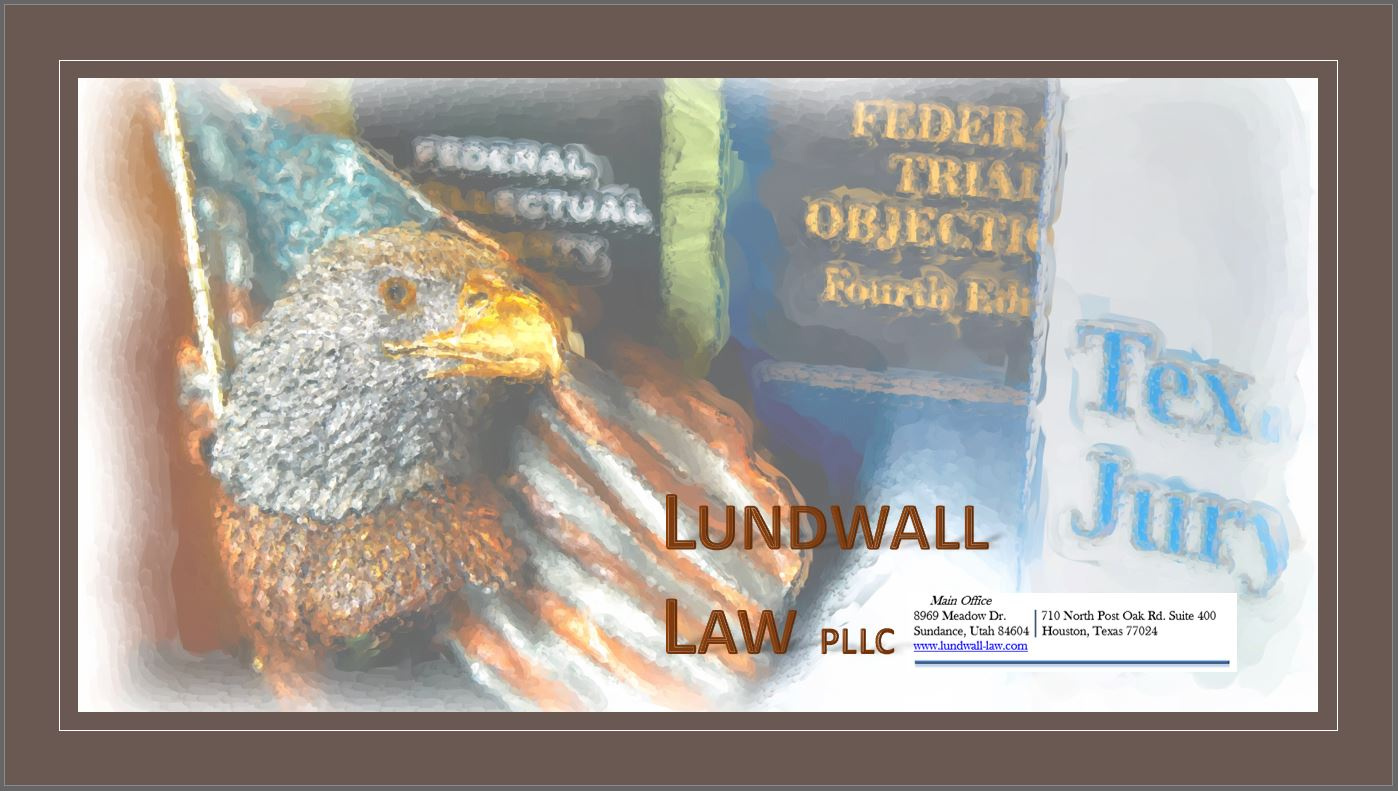
What I Do:

Build and Guide Client Business
I help my clients (a) reach deals, (b) sell and acquire assets, and (c) guide and protect company priorities.
In this work I have negotiated, drafted, and closed business agreements and transactions by the hundreds, a small sampling of which include:
- Agreement to purchase R&D company developing hydrogen engines for automobiles
- Agreement to sell multi-million dollar oil & gas company to fortune 100 company
- Technology services agreements (including for several fortune 500 companies)
- Evaluation license and patent option agreements
- Product development agreements
- Employment agreements
- Company operating agreements
- Distribution agreements
- Sports arena sponsorship agreements
- Retail lease agreements
- Nondisclosure agreements
- Employee non-competition agreements
- Promissory notes and stock purchase agreements
- Settlement agreements
- Equipment lease agreements
- Utility service agreements....etc.
Defend and Protect Client Business
My first major trial was at the end of my first year (1991) as a lawyer: I second-chaired a $100 million breach of contract defense for a major banking organization...and won.
Since then I have participated in numerous litigation matters and trials. One of my more recent ones involved the prosecution of a fraud and breach of contract claim against a multi-billion dollar company represented by two international law firms (with over 7,000 attorneys). I -- as a solo practitioner -- fended off every attack that the huge firms could throw to try to avoid trial, and when that did not work, successfully settled the matter the weekend before the jury was to be called. Size of law firm does not matter--skill and strategy do!
Recently I was reminded of this again when I received a phone call from a lawyer I did not know who represented a disgruntled business who had spent millions of dollars on a big firm that had dozens of attorneys work in the defense of a patent infringement claim in the oil and gas industry. Earlier I had represented a similar business sued by the same patentee on the same patent over the same accused tool design—and won on summary judgment (invalidated the patent) at a mere fraction of the price the now disillusioned business had paid its big firm—and lost. Again: the size of the firm does not matter. During the phone call the lawyer asked: How did I win -- and so efficiently? I referred the inquiring lawyer to my LinkedIn article: “Picking the Right Lawyer for Resolving a Business Problem” (hyper link to article below).
Over the years I have acquired the skill, strategy, experience and horse sense to be a formidable advocate for my clients in defending and protecting their interests in and out of court. A small sampling of the subject of the trials and litigations in which I have experience include:
- Patent infringement and invalidity issues, copyright infringement, trade secret misappropriation
- Fraud and breach of contract claims
- Employee claims
- Oil and gas technology
- Computers and computer software
- Semiconductor and electronics
- Telecommunication, including cellular technology
- Construction disputes
- Green and renewable energies
- Biomedical
- Agricultural (including genetic engineered products)
- Chemical and catalysts
- Real estate
- Insurance
- Consumer products
- Charitable foundations
- Compliance
- Environmental (EPA) issues
In sum, I have defended and protected clients in disputes involving a few hundred thousand to several billion. I have represented the sole inventor to fortune 100 companies. I am efficient and can do myself more persuasively what large law firms throw numerous attorneys to do. A former managing partner of an international law firm simply referred to me as "A One Man Army."
Article Link (Picking the Right Lawyer for Resolving a Business Problem):  https://www.linkedin.com/pulse/picking-right-lawyer-resolving-business-problem-steve-lundwall/
https://www.linkedin.com/pulse/picking-right-lawyer-resolving-business-problem-steve-lundwall/
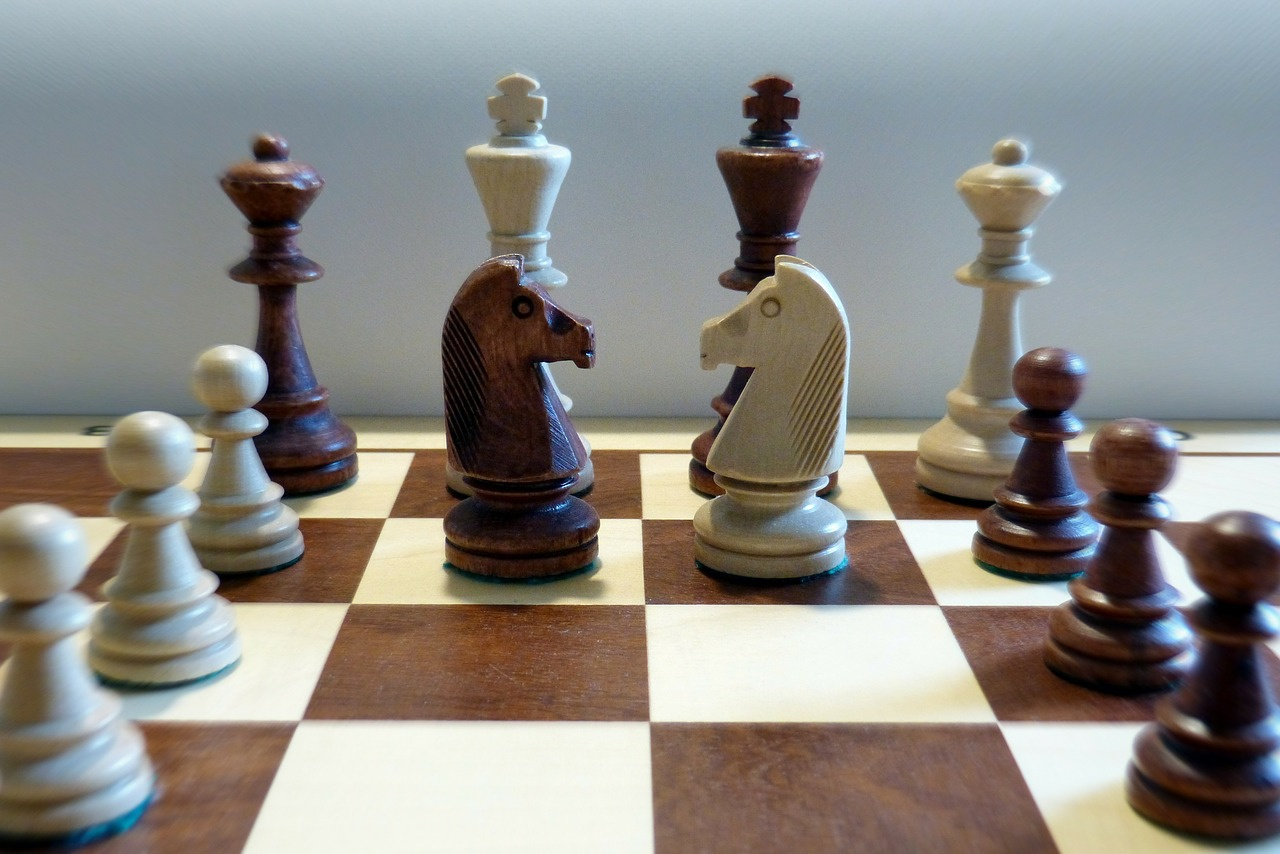
Finding Alternative Ways to Get Results
A lawyer's job is not only to defend and protect, but also to help the client explore ways to reach agreement with opponents without the time and expense of protracted litigation; and if voluntary agreement through mediation is not possible, to explore ways to reach a fair resolution more quickly and efficiently through arbitration. In that vein, I have successfully represented my clients in numerous mediations and arbitrations.
The process of mediating and arbitrating, however, can be just as critical to achieving a fair result, as the end result itself. Strategic thinking must be invested in who and how to mediate and in what rules should govern any particular arbitration. Without strategic thinking, even these forums for dispute resolution can be disappointing. I provide my clients with strategic thinking and effective advocacy in both forums.

Smart Lawyering--Clear and Persuasive Talk
in Difficult Technical Matters
Some lawyers understand technical matters--but do not have the skill to convey clearly and persuasively what they know to lay people. Some lawyers can speak and advocate, but do not have the capacity to use those skills for difficult legal and technical subject areas in oral presentations. Some lawyers simply do not know how to write, and especially so when dealing with complex issues or technology.
I combine all these skills: clear and persuasive oral and written communication + the ability to use these skills even when wading through difficult technical waters--and all for the benefit of judge, jury, or client. A LinkedIn article I wrote on clear communication follows below.
My peers recognized this trait early on in my career. After joining the preeminent national intellectual property firm in 1994, partners at that firm asked me to present arguments to a judge on why our client should prevail on a dispositive motion involving genetic engineering of DNA sequences. I was an English major, not a biologist. But as the judge was not a biologist either, the firm asked me to take the lead. We prevailed.
I became the second non-engineer to become a shareholder of that world-class intellectual property firm (Arnold, White & Durkee, subsequently acquired by Howrey Simon LLP) practicing trade secret litigation, patent and copyright litigation, licensing and opinion work. Since that time I have been involved in trials and legal opinions involving a host of complex technologies.
And even now, my peers in the intellectual property world at big firms refer their fortune 100 clients to me for obtaining opinions on infringement and invalidity issues. I have offered such opinions over billions of dollars in assets, when the stakes are at their highest.
Article Link (How To Protect Your Business: Clarity in Communication & Business Strategies):
 https://www.linkedin.com/pulse/how-protect-your-business-clarity-communication-steve-lundwall/
https://www.linkedin.com/pulse/how-protect-your-business-clarity-communication-steve-lundwall/
